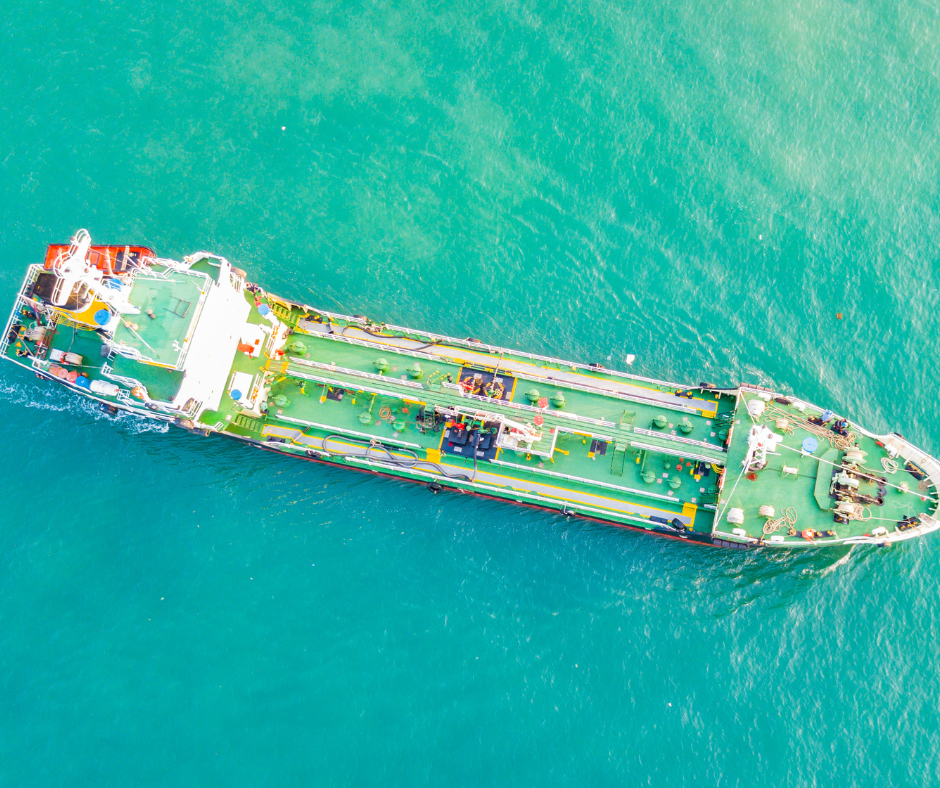About 69.2% of vessels that have unknown beneficial owners reportedly engaged in sanction-violating or risky behaviour, states a recent report.
The Institute of International Banking Law & Practice (better known as IIBLP), Global Financial Integrity (better known as GFI), and S& P Global have released a whitepaper jointly. The paper examines the connection between a vessel’s beneficial owner information availability and the risk of sanction-violating or criminal behaviour.
The paper further notes advisories that were issued in 2020 (May) by the OFAC and in 2020 (December) by the OFSI have further made it necessary for financial institutions to combat financial crime compliance evasion and sanctions by tracking suspicious vessel behaviour.
The paper adds that while not earlier expected of trade finance operations, a nuanced view of the maritime shipping industry has emerged as a vital aspect of regulatory compliance, like identifying commodities as well as trade corridors where transhipment and ship-to-ship (STS) transfers may take place.
This paper upholds findings from a statistical review, which aimed at determining if the information on the availability of vessel ownership is in any way related to a vessel’s compliance behaviour.

Of 68,218 vessels reviewed, 87.8% had known owners. The remaining 12.2% had unknown owners.
The report highlights that 69.2% of vessels with unknown owners reflected “Warning” or “Severe” as compliance status, indicating they have been engaged in sanction-violating or risky behaviour.
When owners are known, about 28.8% of vessels had “Severe” or “Warning” as their compliance status.
The paper provides recommendations for improving transparency in the maritime shipping industry.
Specifically, it suggests that financial institutions must take into consideration vessel ownership as one of the “primary risk indicators”, i.e., when vessel owners are unknown, there is a 69.2% chance that it carries a “Severe” or “Warning compliance status.
The paper further suggests that it must be a requirement to list the Group Owner of a vessel to get an IMO number, provided vessels without listings like this are the riskiest group of vessels.
This paper adds that port security officials and government regulators must consider needing Group Ownership information before port calls and, down the line, facilitate a beneficial ownership registry for enhanced transparency.
Source: Marine Insight





